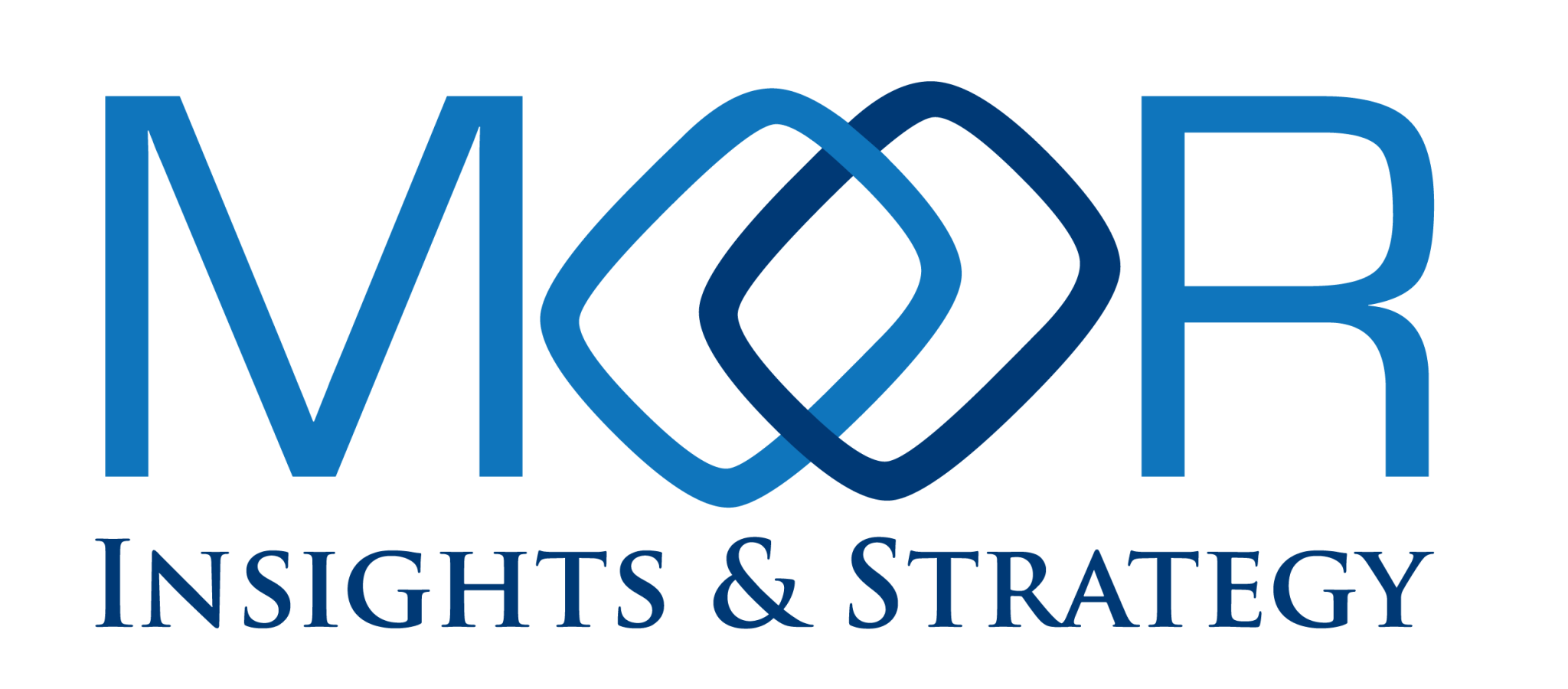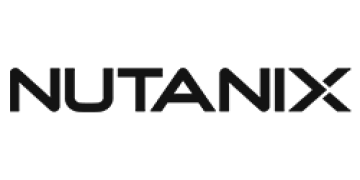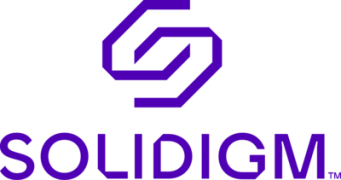How ZeroPoint IP Drives Energy-Efficient Performance While Lowering TCO
Data drives the modern business. While this has always been true, it has perhaps never been more relevant. Data is generated everywhere and at all times, feeding AI models and analytics engines to help organizations do more and do it faster.
The requirement to do more faster is coupled with the requirement to drive down costs. While C-level executives are pressured to reduce time to value, there is an equal and seemingly contradictory requirement to lower costs, all while harnessing the potential in the unprecedented amounts of data being generated, collected, and trained.
One of the main factors limiting data-hungry workloads from performing faster is a server’s memory architecture. Current memory architecture has lagged innovation, resulting in significant latency and power consumption. In the broader picture, memory — one of the largest server cost elements — levies a power and performance tax.
This research brief will detail the challenges in data-driven enterprises, including how ineffective memory management costs directly and indirectly burden modern businesses. Further, it will explore some industry initiatives and look at how companies like ZeroPoint have developed technologies that help drive greater efficiencies that can lead to unprecedented performance gains, considerable total cost of ownership (TCO) savings, and untapped revenue opportunities.
You can download the paper by clicking on the logo below:
Table of Contents
- Situational Analysis
- The Challenge: Performance, Efficiency, Cost
- The Inefficiencies of Memory
- Memory Optimization: Is Compression the Answer?
- ZeroPoint — Differentiated IP and Memory Optimization
- What is Expansion?
- Differentiated IP Stems from a Differentiated Team
- Summary
Companies Cited:
- ZeroPoint Technologies
- ChatGPT (OpenAI)
- International Energy Agency (IEA)
- Meta
























































































